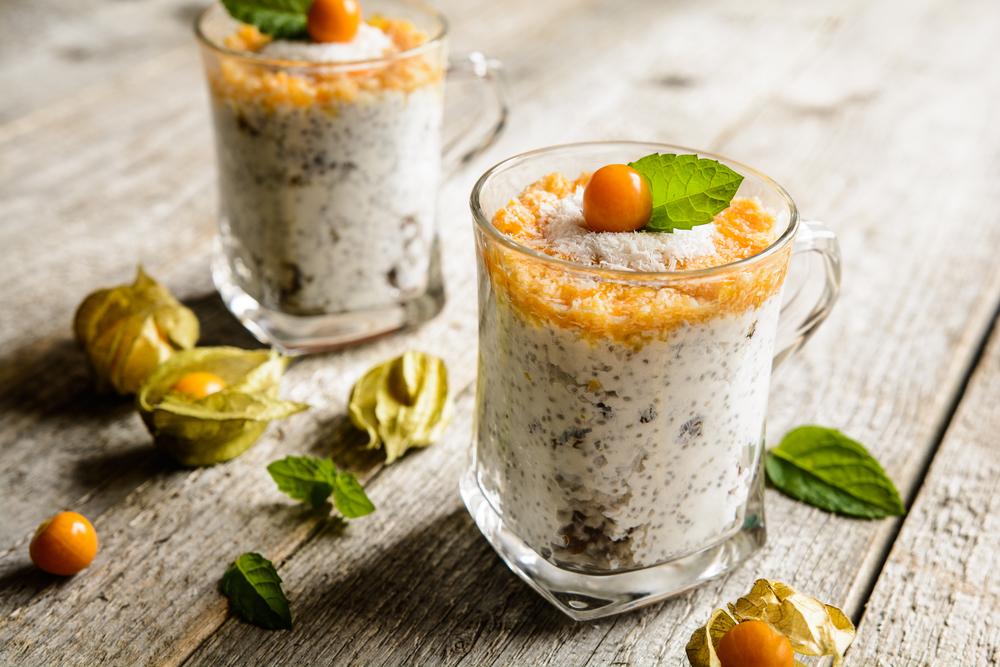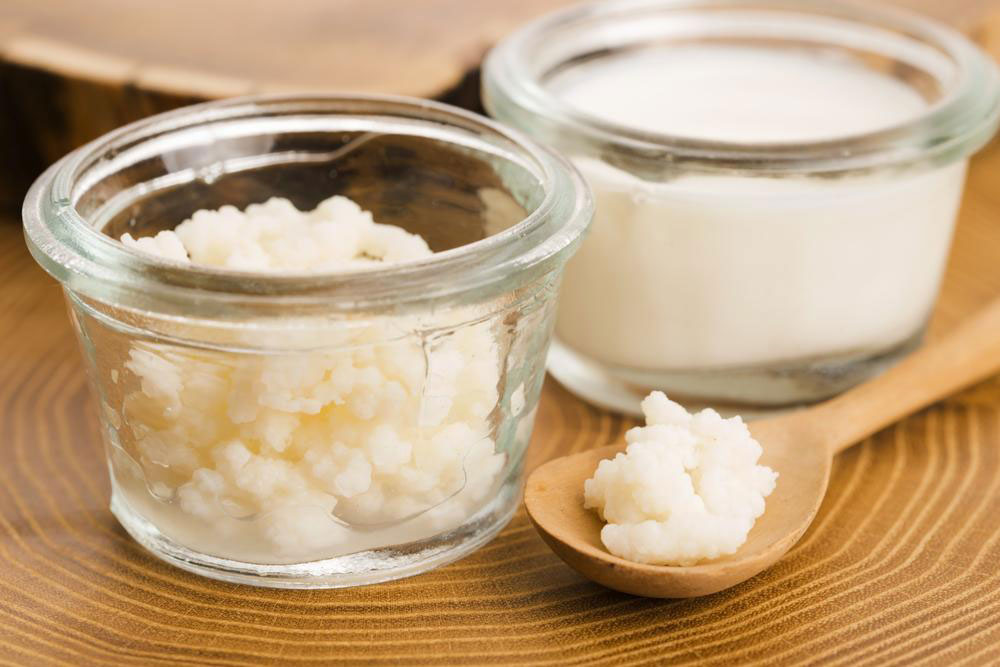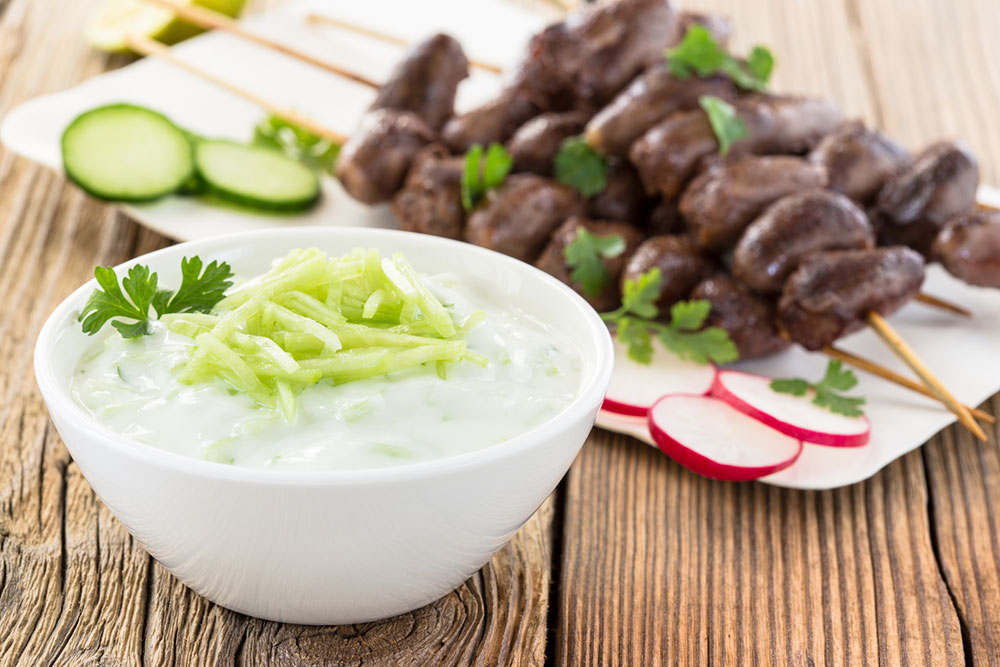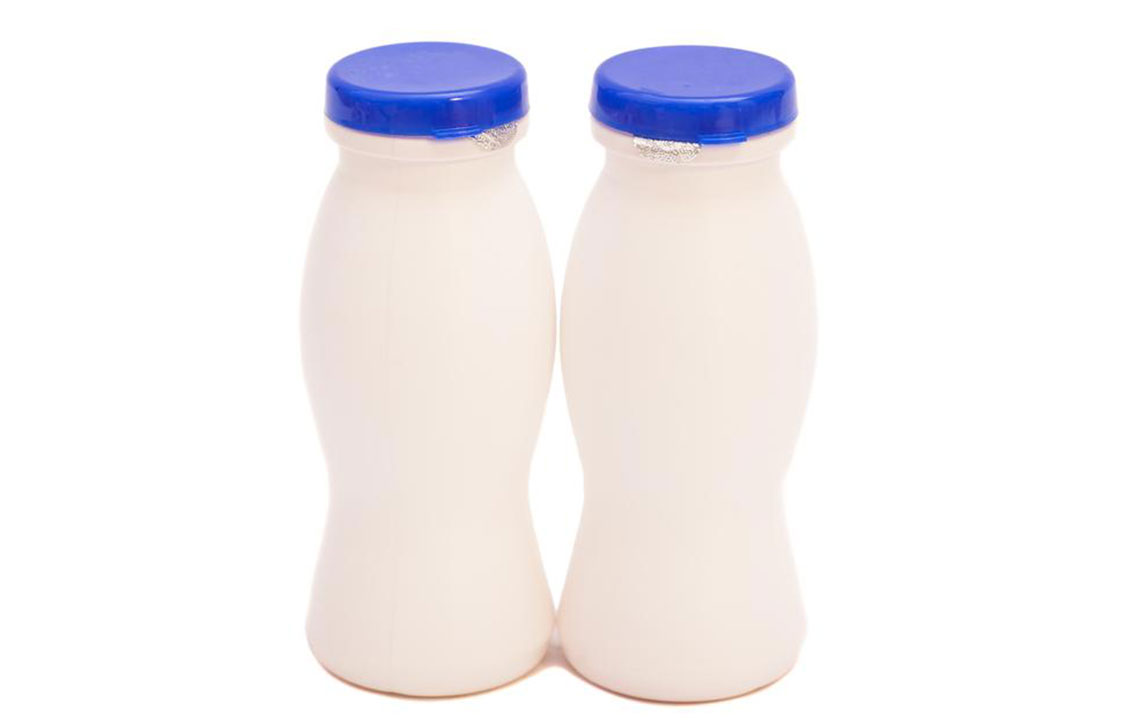Top 6 Homemade Probiotic Foods for Better Gut Health
Discover six simple homemade probiotic foods to support your gut health. From probiotic lemonade to creamy almond kefir and tangy sauerkraut, these easy recipes help boost immunity, aid digestion, and improve overall well-being. Prepare nourishing, bacteria-rich foods in your kitchen and enjoy the health benefits of fresh, natural probiotics daily.
Sponsored
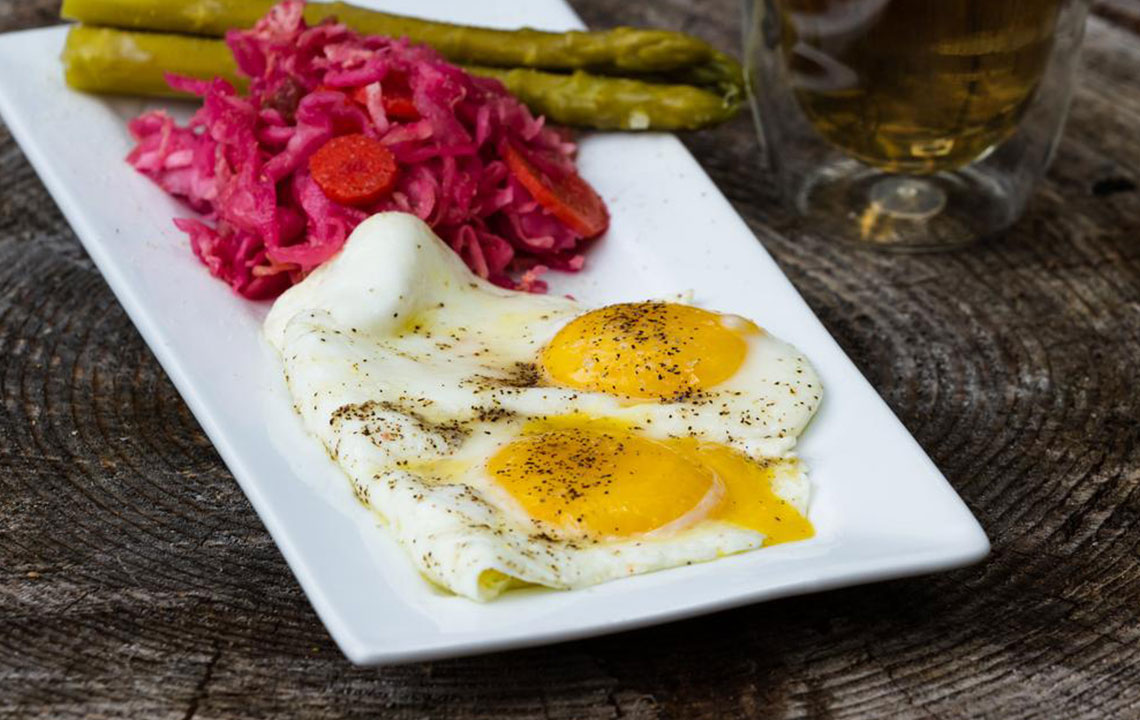
Did you know that certain beneficial bacteria naturally inhabit your digestive tract? These friendly microbes, primarily in your gut, are vital for strengthening your immune system, balancing hormone levels, regulating bowel movements, and aiding digestion. Maintaining a healthy mix of these good bacteria also influences your mood and stress response. Sometimes, this balance can be disrupted. In such cases, consuming probiotic-rich foods can help restore and boost healthy gut flora. Incorporating these foods into your diet offers numerous health benefits, helping prevent digestive issues, skin conditions, and boosting immunity.
Regular intake of probiotics can help manage and prevent conditions like IBS, diarrhea, and constipation. They may also reduce allergy symptoms and improve skin health such as eczema. Additionally, probiotics can help lower LDL cholesterol and support weight management. These beneficial microorganisms are found in foods like yogurt and fermented products such as sauerkraut. Doctors may recommend probiotics supplements to further promote a healthy gut environment.
Many effective probiotic foods can be conveniently prepared at home. Incorporate these into your daily routine to enjoy their health benefits without relying on artificial supplements. Here are six easy-to-make probiotic foods you can craft in your kitchen:
Homemade Probiotic Lemonade
Enhance your regular lemonade with probiotics by adding a tart twist. Dissolve ¾ cup sugar in hot water, then mix in the juice of 10 lemons with approximately 3 quarts of filtered water. Cover and ferment the mixture at room temperature for 2-3 days. Once cooled, stir in a cup of whey and refrigerate. Enjoy a daily serving of this refreshing probiotic beverage.
Fermented Cabbage (Sauerkraut)
Slice fresh cabbage into thin strips, then mix with sea or kosher salt. Massage to soften and release liquid, then let sit for an hour, stirring occasionally. Transfer the mixture to mason jars, pressing down to eliminate air pockets. Leave jars to ferment for 2-3 weeks, burping them daily to release gases. Remove any mold and enjoy the tangy flavor of homemade sauerkraut.
Fermented Apples
Combine sliced apples, berries, dried fruits, herbs (such as cinnamon or citrus peels), salt, and a starter culture in a glass jar. Cover with filtered water and ferment in a dark place for 24-48 hours, checking regularly. The result will be a slightly tangy, mildly sweet fermented fruit mixture that boosts your probiotic intake.
Vegan Almond Milk Kefir
Soak one cup of raw almonds for 8 hours, then blend with two liters of filtered water until smooth. Strain the liquid, then mix in four cups of store-bought probiotics or previously fermented kefir. Let sit at room temperature for 12 hours until cultured. This dairy-free kefir is perfect for vegans and those lactose intolerant, suitable for drinking alone or adding to smoothies.
Probiotic Protein Shake
Create a tasty, nutritious probiotic shake by blending your favorite fruits like berries or bananas with yogurt, coconut kefir, or almond milk. Add honey for sweetness, vanilla protein powder, chia seeds, and coconut cream. Blend until smooth for a satisfying snack or breakfast replacement packed with probiotics.
Kombucha
Fermented tea, known for its effervescent, tangy flavor enriched with probiotics, amino acids, and vitamins. Brew black, green, or oolong tea with organic cane sugar, then add a SCOBY (Symbiotic Culture of Bacteria and Yeasts) or store-bought kombucha to ferment for 7-14 days. Flavor with ginger, grapefruit, or other natural additions for a refreshing probiotic beverage.

